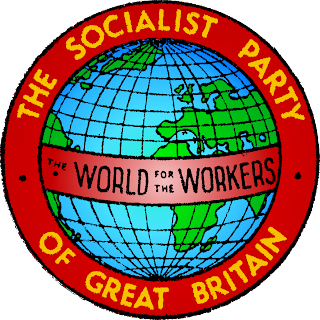In my judgement
A lot of confusion appears to have grown up around the BA/Unite injunction. A few things need to be made clear.
First, as to spoilt papers, section 231 of the Trade Union and Labour Relations Act 1992 says
"As soon as is reasonably practicable after the holding of the ballot, the trade union shall take such steps as are reasonably necessary to ensure that all persons entitled to vote in the ballot are informed of the number of (a) votes cast in the ballot; (b) individuals answering yes to the question, or as the case may be, to each question; (c) individuals answering no to the question or as the case may be, to each question; and (d) spoiled voting papers."So, the law is the Union *must* provide a result including the numbers of spoilt ballots. Unite, though, maintain they did take the reasonable necessary steps to give the statutory results. What was argued in court, as can be seen from the Judgement, was whether the steps taken were in fact those "reasonably necessary" or whether they were insufficient.
Indeed, what we are up against, then, is not necessarily a failure to comply with the act, but the British common law system, wherein the courts get to interpret the meaning of such bits of law as 'reasonably' - many laws operate on a basis of trying your level best to comply, and hoping not to reach a court case which will confirm one way or another the legal practice (a lot of copyright work is like that).
Anyway, this is the most important point. The judge wasn't even making a ruling on whether the union's actions were legal, merely whether there was likely to be a case to answer
In the end I consider the arguments as to whether the statute has been complied with give rise to properly arguable issues for trial. The matter is not so clear as Mr Hendy would in my view have it. I certainly cannot hold that the union's likelihood of success is overwhelming. I have regard to my assessment of the likelihood of success at trial, and at present I am inclined to think that the union may well have failed to put in place an adequately analysed system calculated to ensure that all reasonable steps were taken to communicate with relevant members as soon as reasonably practicable the relevant items of statutory information. The point to my mind is an arguable one.That's it, it's not a ruling, it's just an injunction based on the likelihood that BA *might* win the court case and so be subject to severe unjust detriment were the injunction not to be granted.
So, the law puts the test of reasonableness into the hands of the judges. But look at it this way - imagine if a journalist had to notify anyone likely to be identifiable in their copy at least a week in advance of publication, and had to show them that article in final draft and in full. Imagine if they could get an injunction based on the likelihood that there was any inaccuracy (including placing of commas or semi-colons) or if they felt that that they had not been properly informed of the process. We'd say clearly that was an inhibition on freedom of speech, and so this is on the freedom to strike.
Labels: 349, Class struggle, Injunctions, Law, Strikes, Trade unions


0 Comments:
Post a Comment
<< Home